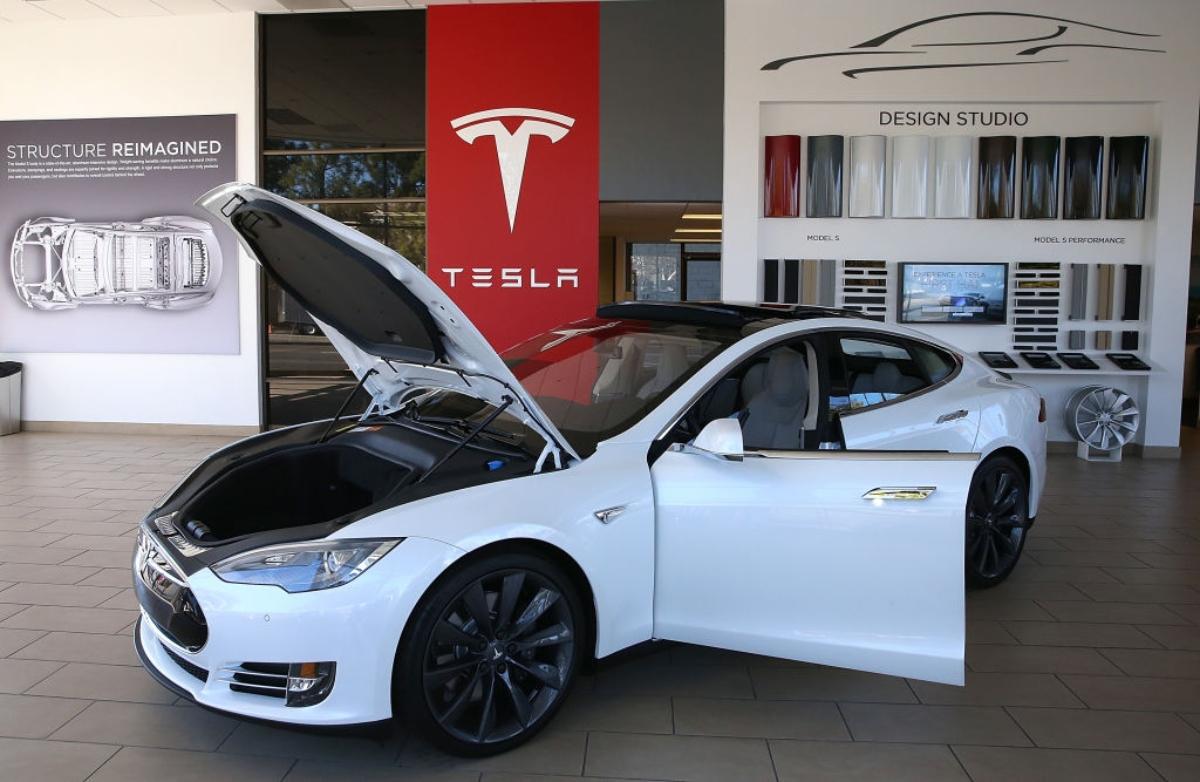Is the EV Tax Credit Retroactive? Current Incentives
Is the EV tax credit retroactive? There are EV tax credits for vehicle purchases that meet specific requirements.
Nov. 11 2021, Published 1:59 p.m. ET

Ford F-150 Lightning, its new electric truck.
As the U.S. and other developed nations around the world seek to reduce carbon emissions and move towards a net-zero future, the electric vehicle market is ready to reap the rewards. President Biden’s Build Back Better bill currently includes provisions to increase the EV tax credit as well as other changes.
The EV tax credit proposed by Biden and other Democrats would be an increase from the current $7,500 credit to a maximum of $12,500. However, only specific types of electric vehicles qualify for the proposed new maximum. Taxpayers also want to know if the EV tax credit is retroactive.
Why isn't the EV tax credit retroactive?
The EV tax credit must be claimed on the tax forms for the year during which the taxpayer purchased a qualifying electric vehicle. Therefore, the tax credit isn’t retroactive. You can’t claim it for EVs purchased before the tax year in question.
The increase in EV tax credits proposed by Democrats intends to incentivize electric car purchases for Americans and move away from fossil fuel dependency.

Tesla owners aren't eligible for EV tax credits.
Unfortunately, some electric vehicle manufacturers automatically disqualify the customer from claiming the EV tax credit as the law is written. As CNet explains, the tax credit is phased out after an individual auto manufacturer has sold 200,000 qualifying vehicles.
Among the EV makers whose cars are disqualified, Tesla reached the 200,000 mark in 2019. EVs purchased from Chevy, GMC, Buick, and Cadillac also aren't eligible for EV tax credits. Some auto companies are lobbying for changes to the law.
Is the EV tax credit refundable?
Another important part of the equation for potential EV buyers is whether EV tax credits are refundable. In other words, are they issued as payment or do they increase a person's tax refund? Currently, the U.S. tax code stipulates that the EV tax credit is only issued as a tax credit. It can reduce your tax bill, but you don’t get a check if your taxes go the other way.
If the Build Back Better bill passes both the House and Senate, it will make the EV tax credit refundable, which would put at least $4,000 and up to $12,000 back in buyers' pockets. This would benefit more EV buyers than the current law allows.

However, if the bill doesn’t pass with the proposed EV tax credit provisions, the best-case scenario is for consumers who owe taxes rather than those who usually receive a tax refund. The current tax codes don’t give you a check after buying a qualifying EV—they simply reduce the amount of taxes you owe.
Are there tax credits for used or leased EVs?
Other ways of moving towards electric car usage don’t offer the same tax benefits as buying an EV outright. The EV tax credit doesn’t currently apply to leased electric cars.
There also isn’t a tax incentive for buying used EVs. However, CNet reports that one of the proposals in the Build Back Better bill is a $2,000 tax credit on purchases of EVs more than two years old and at a price of less than $25,000.
